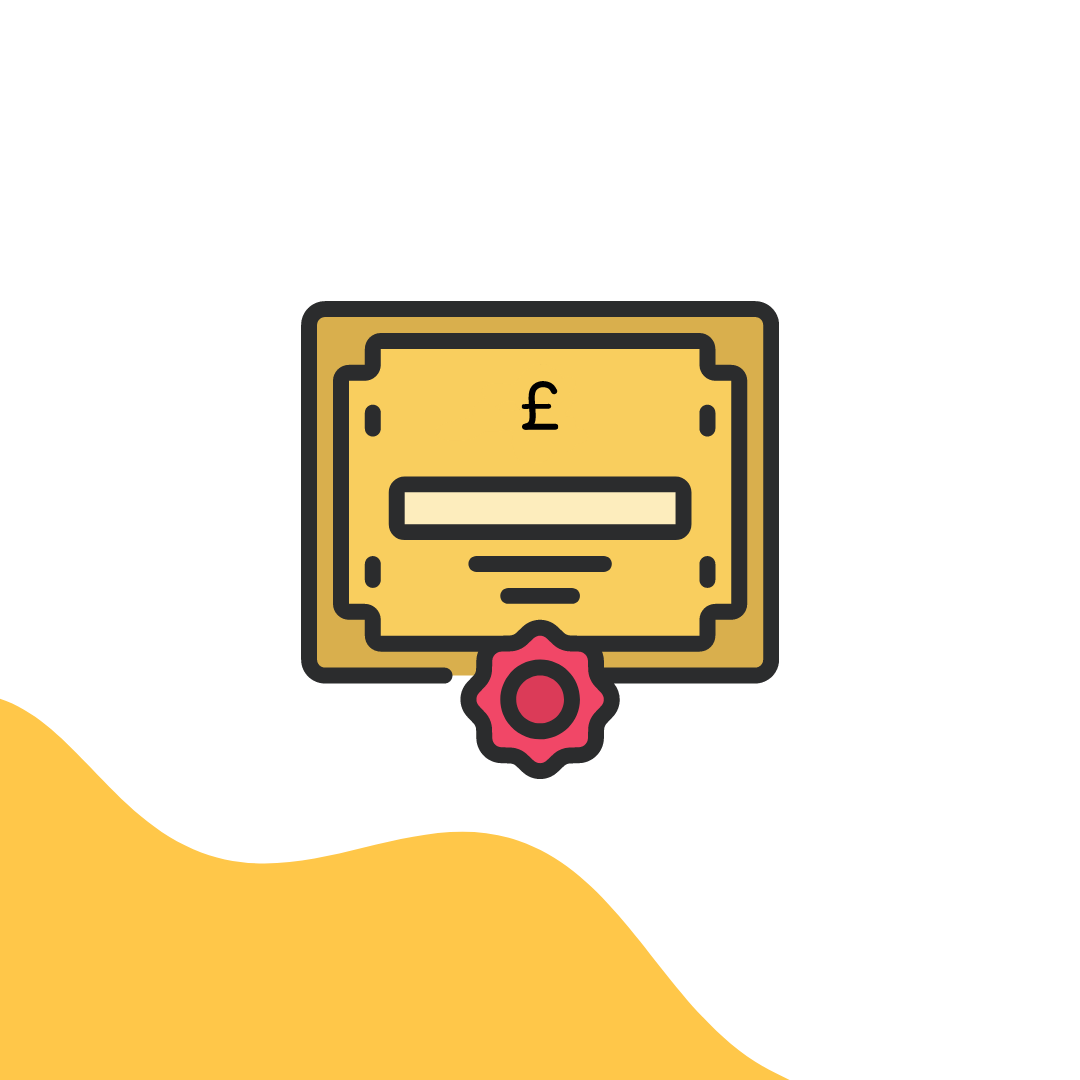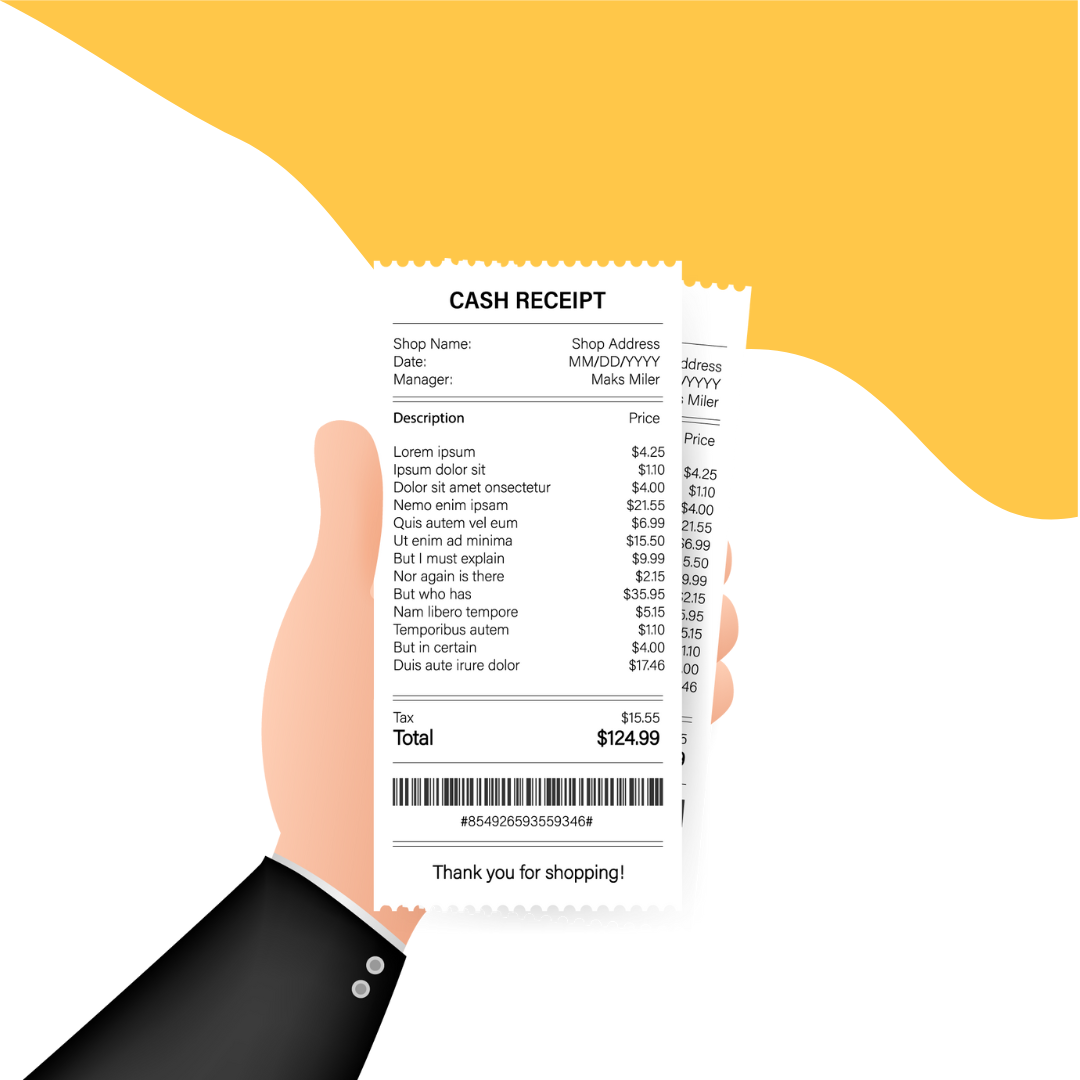VAT stands for Value Added Tax. It is a tax on goods and services sold in the UK. Businesses that sell goods or services above a certain threshold must register for VAT. The current threshold is £85,000.
When do I need to register for VAT?
You must register for VAT if your taxable turnover (the total amount of money you make from selling goods and services) is above the threshold in any 12-month period. You must register within 30 days of the end of the month in which you went over the threshold.
What are the implications of late VAT registration?
If you register for VAT late, you may have to pay penalties. The amount of the penalty will depend on how late you registered and how much VAT you owe.
There are two tests that HMRC uses to determine the amount of the penalty:
The historical test: This test looks at your VAT liability for the period before you registered.
The future test: This test looks at your estimated VAT liability for the period after you registered.
The penalty is calculated as a percentage of the higher of the two amounts. The percentage depends on how late you registered:
If you registered less than 9 months late, the penalty is 5%.
If you registered between 9 and 18 months late, the penalty is 10%.
If you registered more than 18 months late, the penalty is 15%.
What about issuing VAT invoices?
If you register for VAT late, you may have to issue VAT invoices for all of the goods and services you sold before you registered. This is because you are technically liable for VAT on those sales, even though you didn't register at the time.
You can claim a refund for the VAT you paid on your purchases, but you will need to keep detailed records to support your claim.
How can I avoid late VAT registration?
The best way to avoid late VAT registration is to keep track of your taxable turnover and register as soon as you go over the threshold. You can also use a VAT calculator to help you estimate your VAT liability.
If you are unsure whether you need to register for VAT, you should contact HMRC for advice.
Here are some additional things to keep in mind about late VAT registration:
You may also have to pay interest on the VAT you owe.
You may be liable to pay penalties for other things, such as late filing of VAT returns or late payment of VAT.
If you are found guilty of deliberate evasion of VAT, you could face criminal prosecution.
It is important to take VAT compliance seriously. By registering for VAT on time and complying with all of the rules, you can avoid costly penalties and other problems.



